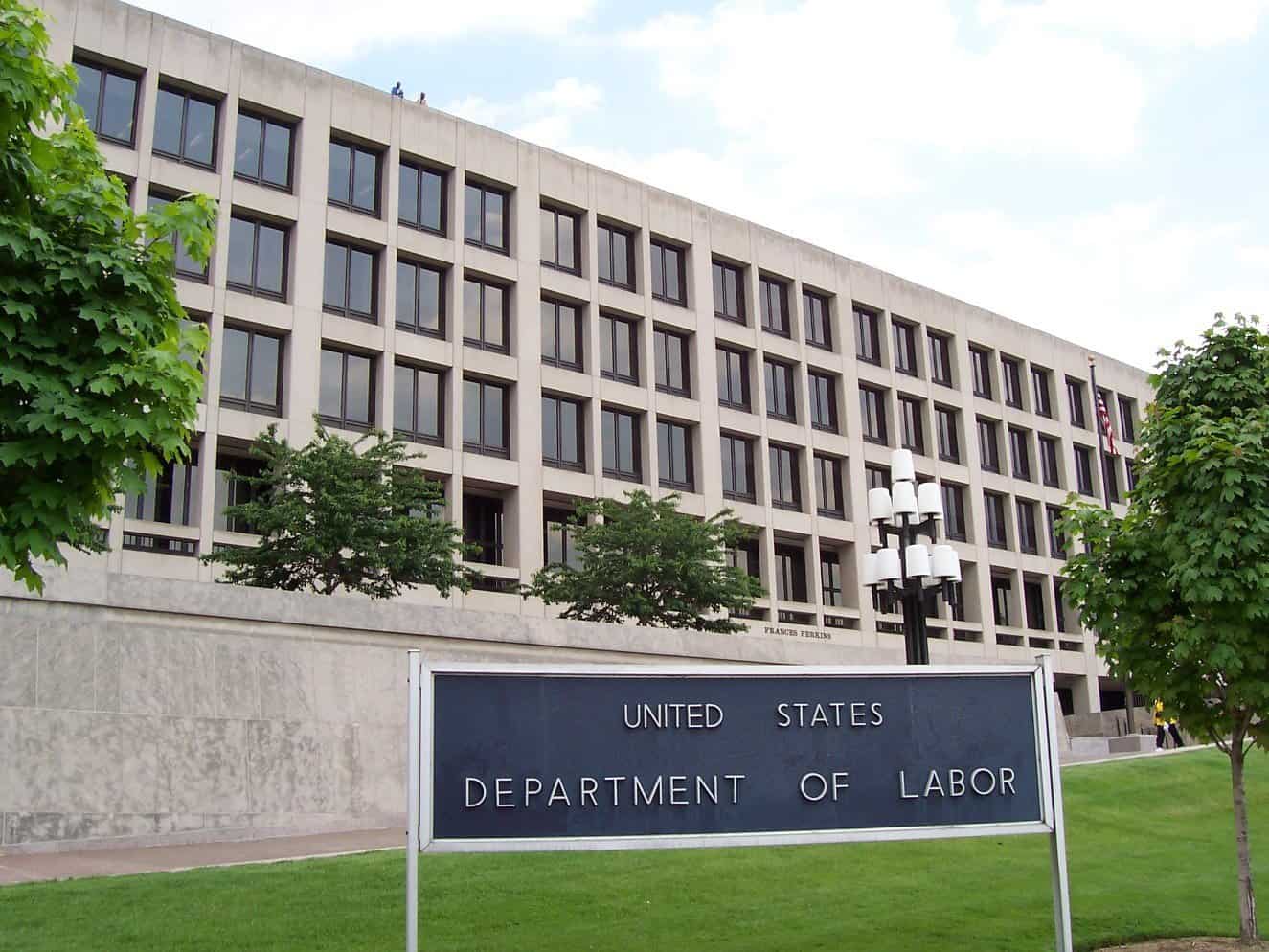Alisha Jarwala is a student at Harvard Law School and a member of the Labor and Employment Lab.
Attorneys for five news outlets have asked the Department of Labor to withdraw its plan to restrict journalists from accessing economic reports in advance of publication. In January, the DOL announced that it would ban computers from the secure room where journalists have traditionally been given early access to economic data, including nationwide employment figures. Bloomberg News, the Associated Press, Dow Jones & Co., Market News, and Reuters argue that this ban will delay news organizations from filing news stories in a timely way and prevent them from being able to seek clarification from government officials before stories are published. The news outlets also said in their letter that the DOL failed to give public notice and get comments on the plan, which would “result in an unconstitutional limitation on the media’s First Amendment protected right to newsgathering and dissemination.”
In other DOL news, Bloomberg reports that the Department’s union watchdog office has “added a pair of aides who have a history of advocating against organized labor.” Rusty Brown, who was hired as a policy adviser, was involved in a campaign to decertify a union representing 27,000 home care workers in Minnesota. Trey Kovacs, hired as a special assistant, has long urged the DOL to treat worker centers as labor unions by increasing oversight and requiring more detailed financial reports.
The Electronic Privacy Information Center (EPIC) filed a petition on Monday asking the Federal Trade Commission (FTC) to regulate the use of artificial intelligence in pre-employment screenings. Forbes reports that EPIC is alleging that HireVue, a provider of artificial intelligence screenings, is “flouting national and international standards of transparency, fairness and accountability.” EPIC argues that HireVue’s use of facial recognition technology and secret algorithms are unfair and deceptive trade practices—the standards are opaque and cannot be challenged by job applicants.
Finally, in a piece for The Atlantic, Yale Law School professor Daniel Markovits discusses the consequences of the rise of management consulting on American businesses and American workers. He notes: “Technocratic management, no matter how brilliant, cannot unwind the structural inequalities that are dismantling the American middle class.”





Daily News & Commentary
Start your day with our roundup of the latest labor developments. See all
April 19
Alabama and Louisiana advance anti-worker legislation; Mercedes workers in Alabama set election date; VW Chattanooga election concludes today.
April 18
Disneyland performers file petition for unionization and union elections begin at Volkswagen plant in Tennessee.
April 18
In today’s Tech@Work, a regulation-of-algorithms-in-hiring blitz: Mass. AG issues advisory clarifying how state laws apply to AI decisionmaking tools; and British union TUC launches campaign for new law to regulate the use of AI at work.
April 17
Southern governors oppose UAW organizing in their states; Florida bans local heat protections for workers; Google employees occupy company offices to protest contracts with the Israeli government
April 16
EEOC publishes final regulation implementing the Pregnant Workers Fairness Act, Volkswagen workers in Tennessee gear up for a union election, and the First Circuit revives the Whole Foods case over BLM masks.
April 15
The Supreme Court ruled in favor of bakery delivery drivers in an exemption from mandatory arbitration case; A Teamsters Local ends its 18-month strike by accepting settlement payments and agreeing to dissolve